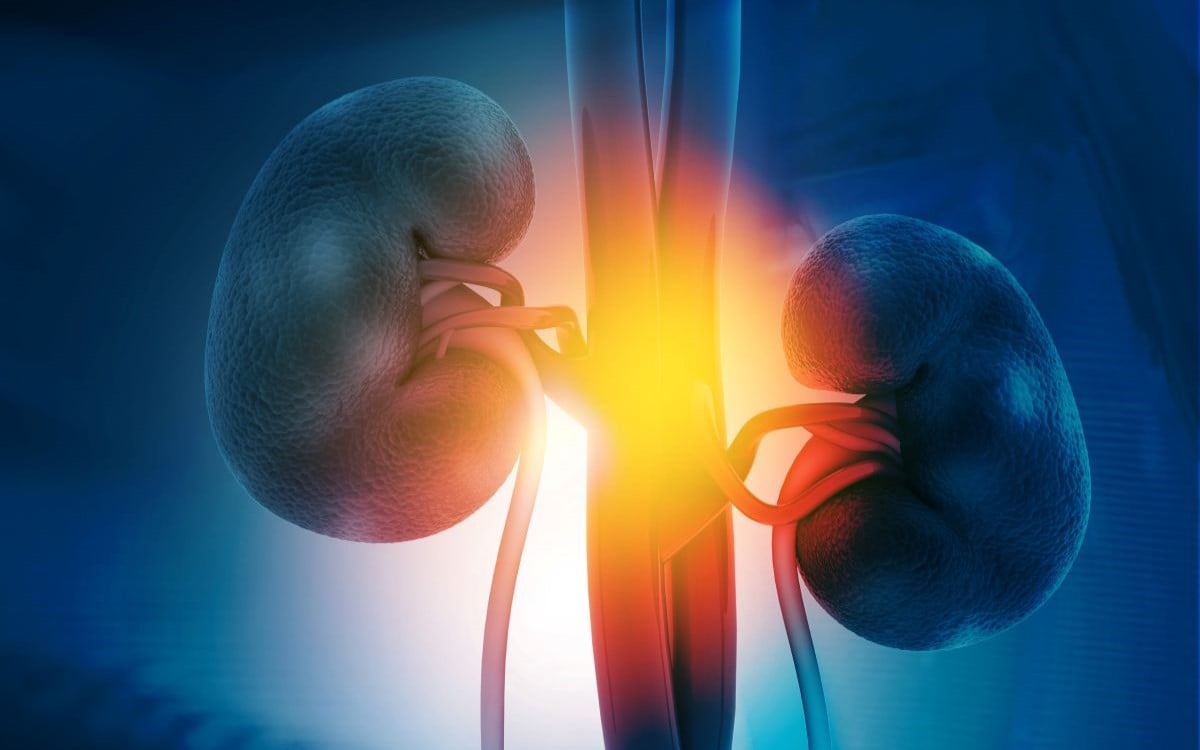Metabolic surgery linked to lower risk for progression of kidney impairment compared with GLP-1RA
By Elana Gotkine HealthDay Reporter
FRIDAY, Sept. 27, 2024 (HealthDay News) — For patients with obesity, type 2 diabetes, and estimated glomerular filtration rate (eGFR) 20 to 60 mL/min/1.73 m2, metabolic surgery is associated with a lower risk for progression of kidney impairment compared with glucagon-like peptide-1 receptor agonist (GLP-1RA) treatment, according to a study published in the September issue of the Annals of Surgery.
Ali Aminian, M.D., from the Cleveland Clinic, and colleagues examined the renoprotective effects of metabolic surgery in patients with established chronic kidney disease (CKD). Patients with obesity, type 2 diabetes, and eGFR 20 to 60 mL/min/1.73 m2 who underwent metabolic surgery were compared to nonsurgical patients who received GLP-1RA treatment. The analyses included 425 patients: 183 in the metabolic surgery group and 242 in the GLP-1RA group, with a median follow-up of 5.8 years.
The researchers found that the cumulative incidence of the primary end point of CKD progression at eight years was 21.7 and 45.1 percent in the surgical group and nonsurgical group, respectively, with an adjusted hazard ratio of 0.40. At eight years, the cumulative incidence of the secondary end point of incident kidney failure or all-cause mortality was 24.0 and 43.8 percent in the surgical and nonsurgical groups, respectively (adjusted hazard ratio, 0.56).
“Metabolic surgery should be considered as a therapeutic option for patients with CKD and obesity,” the authors write.
Several authors disclosed ties to the pharmaceutical and medical technology industries.
Copyright © 2024 HealthDay. All rights reserved.








